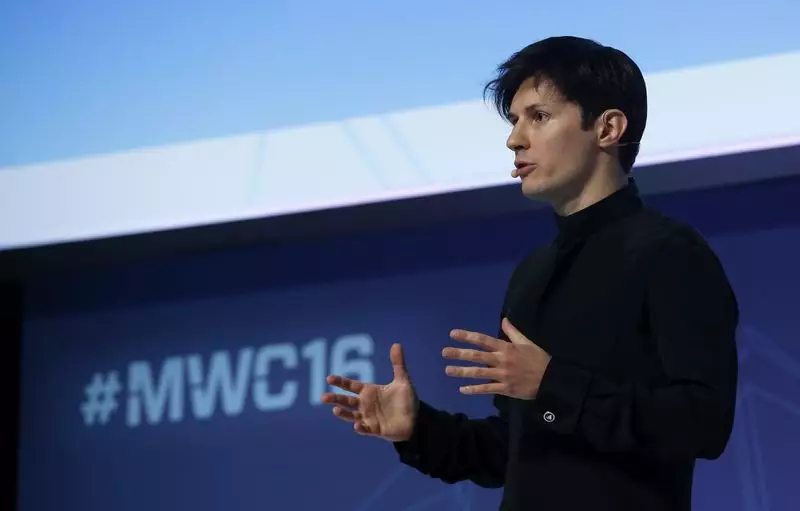In a shocking turn of events, Pavel Durov, the billionaire founder and CEO of the popular messaging app Telegram, was arrested at the Bourget airport in Paris. This incident, reported by TF1 TV and BFM TV, has left many wondering about the circumstances surrounding Durov’s arrest. Telegram, known for its influence in Russia, Ukraine, and other former Soviet republics, is seen as a major social media platform alongside giants like Facebook, YouTube, WhatsApp, Instagram, TikTok, and Wechat.
The arrest warrant issued against Durov in France is said to be part of a preliminary police investigation into the lack of moderators on the Telegram platform. According to reports, this absence of oversight has allowed criminal activities to take place on the messaging app unchecked. The French Interior Ministry and police have remained tight-lipped about the specifics of the case, leaving many questions unanswered.
Following Russia’s invasion of Ukraine in 2022, Telegram has emerged as a critical source of unfiltered information from both sides of the conflict. While the app has been instrumental in providing real-time updates and news, it has also faced criticism for disseminating misleading and graphic content. Despite its controversial reputation, Telegram has garnered a massive user base of 900 million active users and aims to reach one billion users in the near future.
Pavel Durov, whose fortune is estimated at $15.5 billion, has been vocal about maintaining Telegram as a neutral platform devoid of geopolitical influence. Despite facing pressure from various governments, Durov has emphasized the importance of keeping Telegram free from political agendas. However, his recent arrest in France has raised concerns about the challenges faced by tech entrepreneurs navigating complex regulatory environments.
The Russian embassy in France has expressed surprise at the lack of communication from Durov’s team following his arrest. Russian officials, including Mikhail Ulyanov, have accused France of authoritarian behavior in handling Durov’s case. Ulyanov’s comments highlight the tensions between tech companies and governments seeking to exert control over online platforms.
In response to Durov’s arrest, calls for protests at French embassies worldwide have surfaced on social media. Russian bloggers and activists have mobilized to condemn what they perceive as an attack on free speech and digital freedom. The incident has reignited debates about the role of technology companies in shaping public discourse and the boundaries of government intervention in the digital realm.
Pavel Durov’s arrest has raised important questions about the intersection of technology, politics, and individual rights. As the story continues to unfold, it serves as a stark reminder of the complex responsibilities facing tech leaders in an increasingly interconnected world.

